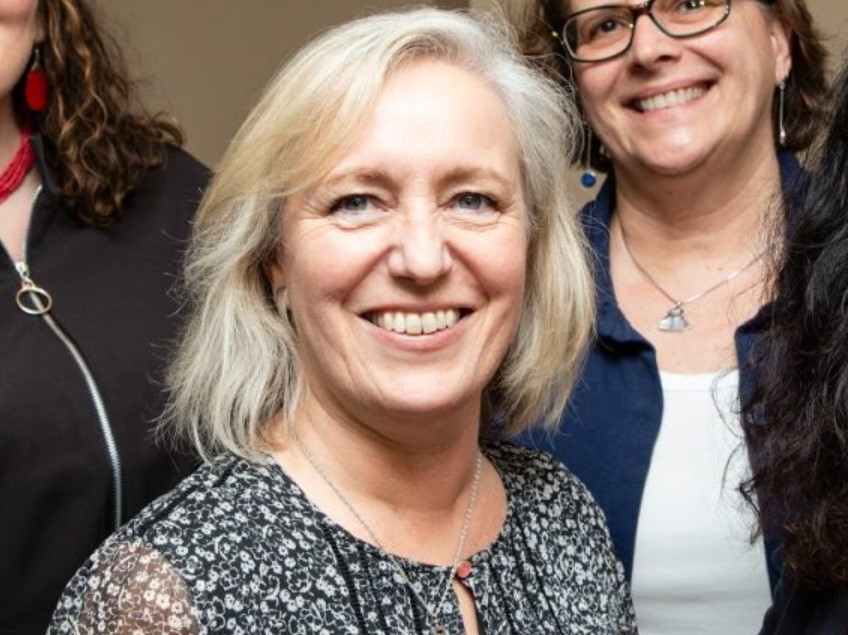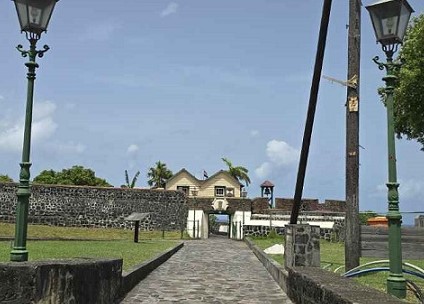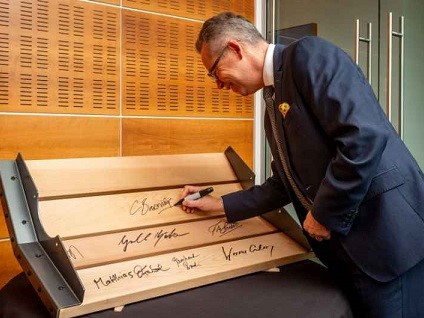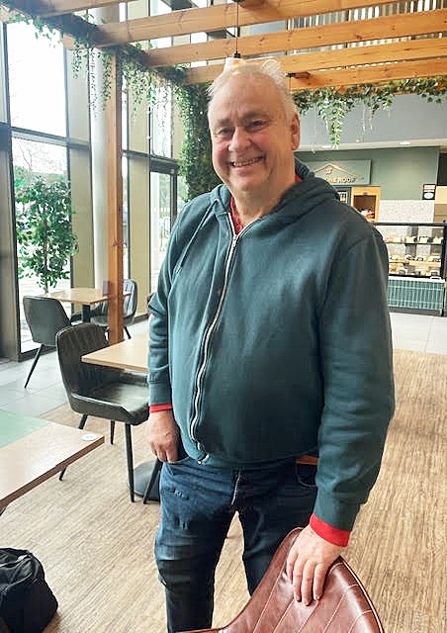University of Wolverhampton academics have shared their recent research on police stations designed specifically to respond to victims of gender violence at the United Nations’ 65th session of the Commission on the Status of Women.
Such police stations are a unique invention that emerged in Latin America in the mid-1980s. In Spanish they are called la Comisaria de la Mujer y la Familia (CMF), translated as ‘police stations for women and families’.
A world-first study on how CMFs prevent violence in Argentina was concluded in 2019 by Queensland University of Technology, Australia, the National University of Litoral, Argentina and the University of Buenos Aires, Argentina.
This year, a global collaboration of experts, including the University of Wolverhampton, has undertaken research in Australia, Canada and the UK to assess which aspects of these specialist police stations could inform the re-imagining of the policing of gender violence.
Through the project, the team have been surveying domestic and family violence workers, including the police, in the three countries, and found that there is support for woman’s police stations.
Dr Elaine Arnull, Director for the Institute of Society and Community at the University of Wolverhampton, said: “Through the survey, we have also seen endorsement for a multi-disciplinary ‘one-stop-shop’ for domestic violence and sexual violence victims. These would includes social workers, police, psychologists, and lawyers.”
Research in Brazil found a 50 per cent drop in the rate of homicide of women aged 15 to 24 in cities and for all women by 17 per cent in areas where women’s police stations were found following their introduction of women’s police stations in 1985.
“A similar impact in the UK would be an outstanding achievement given we have yet to find a solution that brings down the number of women killed each year by intimate male partners,” added Arnull. “We do however have a good history of developing effective multi-agency work and co-operation and should now draw on that to implement a model of tackling violence against women and girls that has been shown to work elsewhere, whilst adapting it to our particular needs and circumstances.”
The international survey asked which of the following 12 aspects of the Argentinian model could improve the way policing operated in these countries:
• Designed to receive victims
• Provide childcare
• Multi-disciplinary teams
• Work from a gender perspective
• Provide emergency support
• Operate from suburban houses
• Staffed predominantly by female police officers
• Prevention work in community
• Collaborate with local agencies
• Work with victims to break cycle
• Work with offenders to break cycle
• Interview rooms for victims
Dr Arnull said: “Overall Australia showed support for 11 of the 12 aspects, with the responses varying between 56 and 86 per cent. Canada’s workers also showed stronger support for 11 of the aspects, with their responses varying between 66 to 89 per cent in favour.
“The UK survey is still underway, and so far it shows support for nine of the aspects, with responses varying between 58 to 82 per cent.
“The greatest area of agreement across the three countries was the aspect ‘Provide emergency support to victims of violence’.
“Having a multi-disciplinary ‘one-stop shop’ for domestic violence and sexual violence was endorsed by 89 per cent of workers in Canada, 86 per cent in Australia and 74 per cent in UK.
“Another key finding shared across all three countries was to ‘Allow female victims of male violence to choose a female police officer to receive their complaint’, endorsed by 92 per cent in Canada, 86 per cent in UK and 78 per cent in Australia."
The team’s presentation ‘Re-imagining the policing of gender violence: what can the world learn from Latin America’s police stations for women?’, delivered at United Nations’ 65th session of the Commission on the Status of Women, shared the survey’s report.
The session also included input from the University’s Dr Mahuya Kanjilal. It can be viewed, along with recordings of other webinars and seminars delivered by the University of Wolverhampton Social Work and Social Care team, on the Social Work Wolverhampton YouTube channel.
The 2021 research project involves The University of Wolverhampton, Queensland University of Technology, Australia; the University of Guelph, Canada; Bedfordshire Police; and the UK’s National Police Chief’s Council, has undertaken research in Australia, Canada and the UK to assess which aspects of these specialist police stations could inform the re-imagining of the policing of gender violence.

















